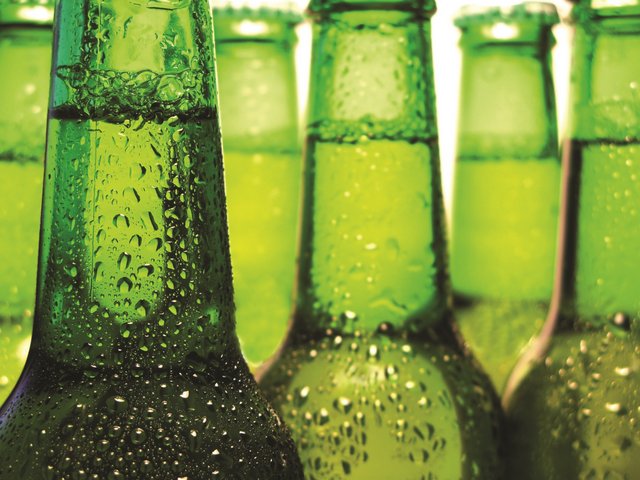
As consumer demand for transparent food and beverage supply chains increases, beverage producers must embrace sustainability to achieve a competitive advantage and drive the industry forward. According to the Brewers Association, most breweries discharge 70 percent of their incoming water as effluent or wastewater that flows to the sewer system. A commitment to conserving resources must begin in the production hall to effectively create a successful sustainable beverage strategy. Investing in reliable, high-quality innovations for cans, bottles and more can help beverage producers meet their sustainability commitments, such as reduced CO2 output, water use and waste sent to landfill, in addition to upholding product quality.
Returnable bottles = a return on savings and sustainability
Although returnable bottle fleets represent a financial investment, they have a positive impact on sustainability and customer satisfaction. Nearly a third of consumers are more likely to shop with a brand that offers products in sustainable packaging over those that don’t. To maintain product quality standards and capture sustainability savings, it’s important to properly manage returnable bottles. Bottle washer and conveyor systems cause stress to bottles on each cycle they make through a packaging hall, leading to scratched glass, faded labels and scuffs. These bottles are most susceptible to damage during the washing cycle and in the following transport on conveyor belts. Damage to a bottle’s appearance before it reaches an end-user can negatively impact both your product and your brand at the point of sale.
Micro-contamination risks and lapses in product quality become less of a worry by incorporating innovations that encourage scale removal and prevention of any residue buildup. For example, consider bottle washing additives that are dispensed through conventional dosing equipment on existing bottling lines. These additives deliver superior cleaning and glass protection at a lower, more sustainable consumption rate.
In addition to improving the look of glass, proper care of a returnable bottle fleet can reduce overall glass consumption, curbing CO2 output and waste sent to landfill. A better cleaning process not only improves line efficiency, it reduces your operation’s carbon footprint. Bottle washing additives also support a lower rewash rate, helping reduce water and product waste.
Waving goodbye to water
Water-based solutions are often used on beverage processing and packaging lines to lubricate conveyors and allow cans to glide. This can lead to hygiene issues and safety hazards, on top of wasting valuable water. A high volume, high speed can line will typically use up to 2.5 million liters of water per year to lubricate conveyors, and a returnable glass bottle line can use three times as much. With a water-free, oil-based lubricant, water usage can be reduced by up to 100 percent.
Dry conveyor lubrication technology can also help lessen an organization’s carbon footprint, as fewer CO2 emissions are generated when organizations avoid having to recycle wasted containers and manufacture replacements. A water-free lubricant and application method also reduces friction between the product and the conveyor belt and between the conveyor belt and the wear strip, reducing the stress on conveyor motors and, in turn, using less energy.
Optimizing sanitation processes
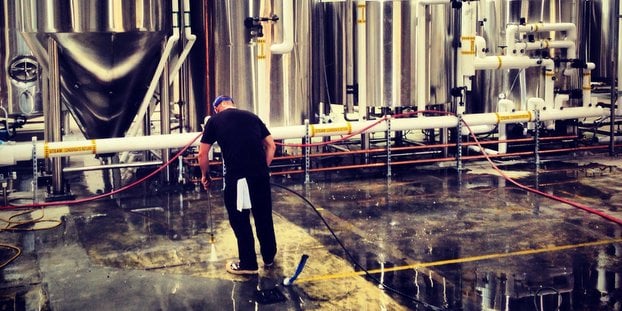
Adhering to high hygiene and sanitation standards is critical to ensure that beverages are produced safely. Cleaning processes such as cleaning in place (CIP), open plant cleaning (OPC), spraying and rinsing can account for as much as 70 percent of all factory water usage. Optimizing these processes is an easy way to save water and promote sustainability in a processing facility. Reducing temperatures and utilizing low temperature detergents, switching from five-step hot cleanings to three-step cold cleanings and optimizing timings for different recipes instead of applying the same setting to all cycles are additional ways to enhance sustainability during the factory cleaning and sanitation process.
Supporting sustainable beverages
Within the food and beverage industry, sustainability is becoming a more urgent topic as organizations take steps to meet the demand for environmentally-friendly business practices. Fortunately, selecting smart, sustainable innovations for your brewery or beverage hall can both protect product quality and help meet important sustainability targets. Protecting and improving the environment is good for the bottom line and for our planet.
Stefan Grober is an R&D application fellow with Diversey’s food and beverage division. Diversey is a leader in smart sustainable solutions for cleaning and hygiene, including the BottleCare and DryFormance solutions for beverage producers. Contact him at [email protected].

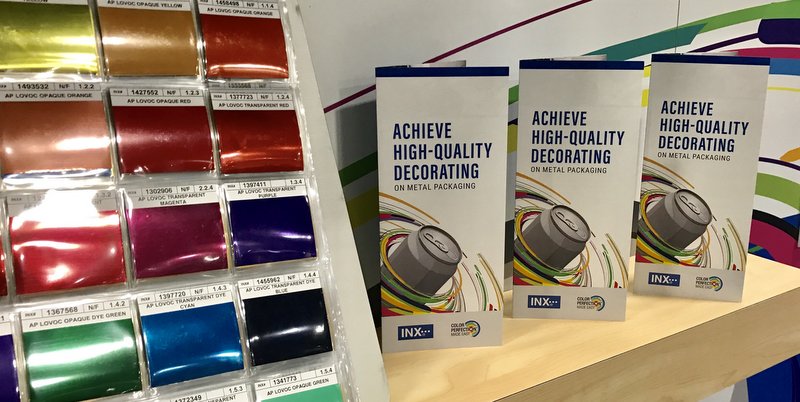
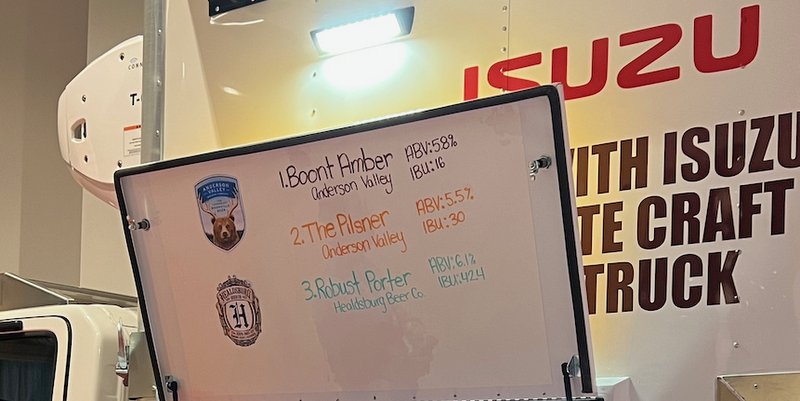
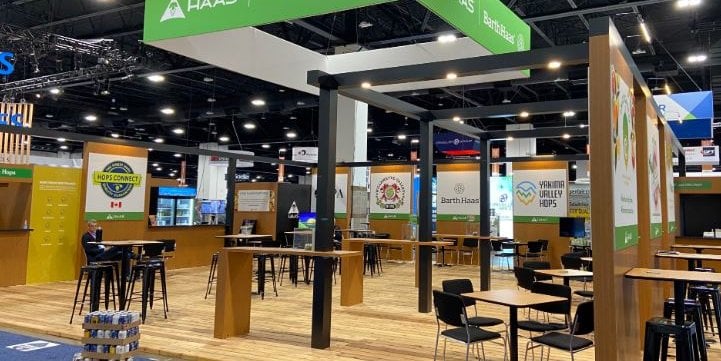
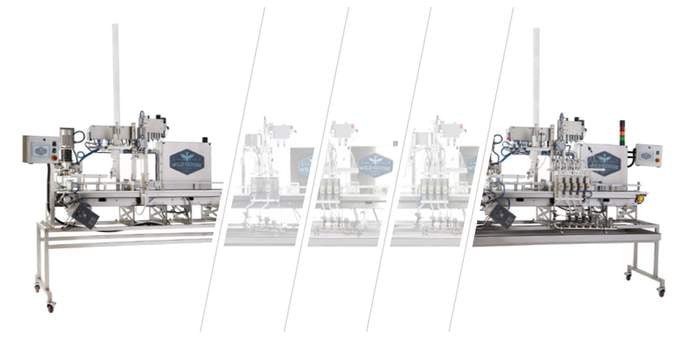
Leave a Reply
You must be logged in to post a comment.